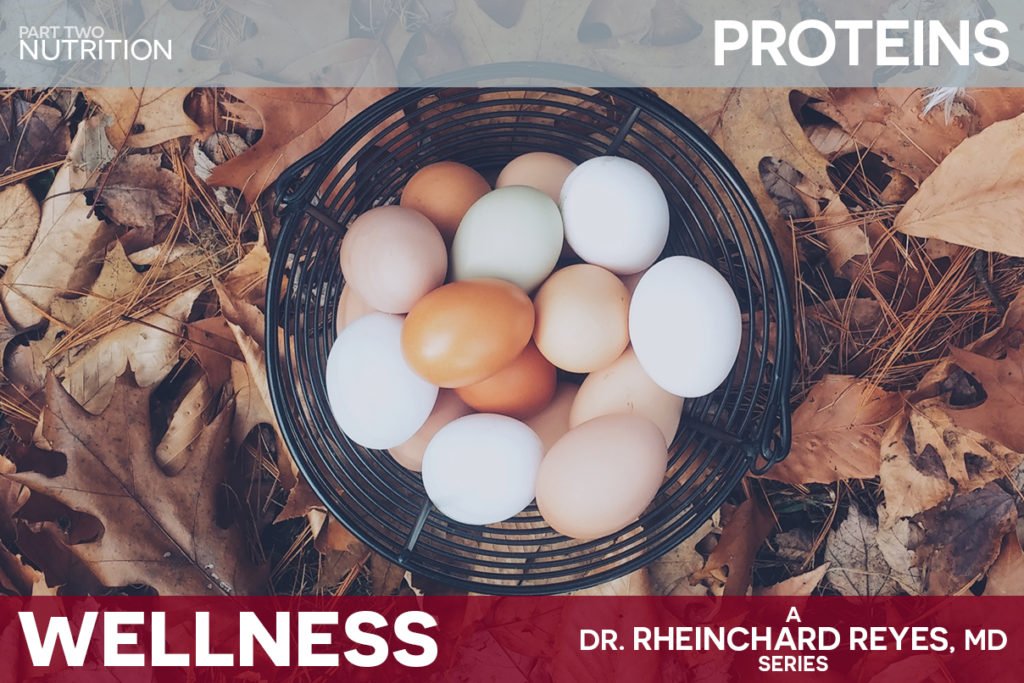There are 6 essential nutrients that are needed for proper bodily functions: carbohydrates, fat, vitamins, minerals, water and proteins. Of these, proteins are the second most plentiful substance in the human body, after water. Protein is essential to life because of the calories it provides (each gram of protein contains 4 calories) and is responsible for repairing and building tissue throughout the body.
What are the best sources of protein?
There are many sources from which you can get protein but eating complete protein (protein that contains all amino acids) will help you avoid an amino acid deficiency. Meat, fish, poultry, eggs and soy are all sources of complete proteins while legumes (beans, lentils), fruits, vegetables and nuts are typically incomplete and need to be carefully paired with complete proteins in order to get all necessary amino acids.
Could you be lacking protein?
Protein deficiency isn’t a major health concern in the U.S., as the majority of Americans, including vegetarians, consume plenty of protein on the daily. This is more common in countries with higher rates of malnourished children who in some cases develop a condition known as Kwashiorkor. This condition manifests itself in the form of various symptoms such as a thin appearance, protruding (distended) stomach, fine or thin hair, skin and hair discoloration and in more severe cases mental impairments, stunted growth and death.
However, there are several symptoms to look out for if you feel that there’s an imbalance in your diet and are lacking protein. These include: muscle loss, weakness, irritability, changes in hair texture, skin rash, frequent infections (as a result of a weakened immune system), among others.
How much protein is too much?
Although protein is vital to our well-being, too much of it can cause serious health issues. Symptoms of too much range from weight gain, mood swings and bad breath to more serious issues like kidney damage, constipation, among other gastrointestinal issues
Understanding the relationship between how different nutrients interact with your body can help you make consciously healthy decisions about your meals. Following a balanced diet plan like the Mediterranean diet can help ensure that you are getting the proper amounts of protein along with other essential nutrients required for proper cell production and muscle function.
Sources:
http://healthyeating.sfgate.com/6-essential-nutrients-functions-4877.html
https://www.myfooddiary.com/Resources/nutrient_facts/nutrient_protein.asp
http://www.eatthis.com/lose-weight-build-muscle-with-complete-proteins
http://healthyeating.sfgate.com/effects-low-protein-intake-7123.html



